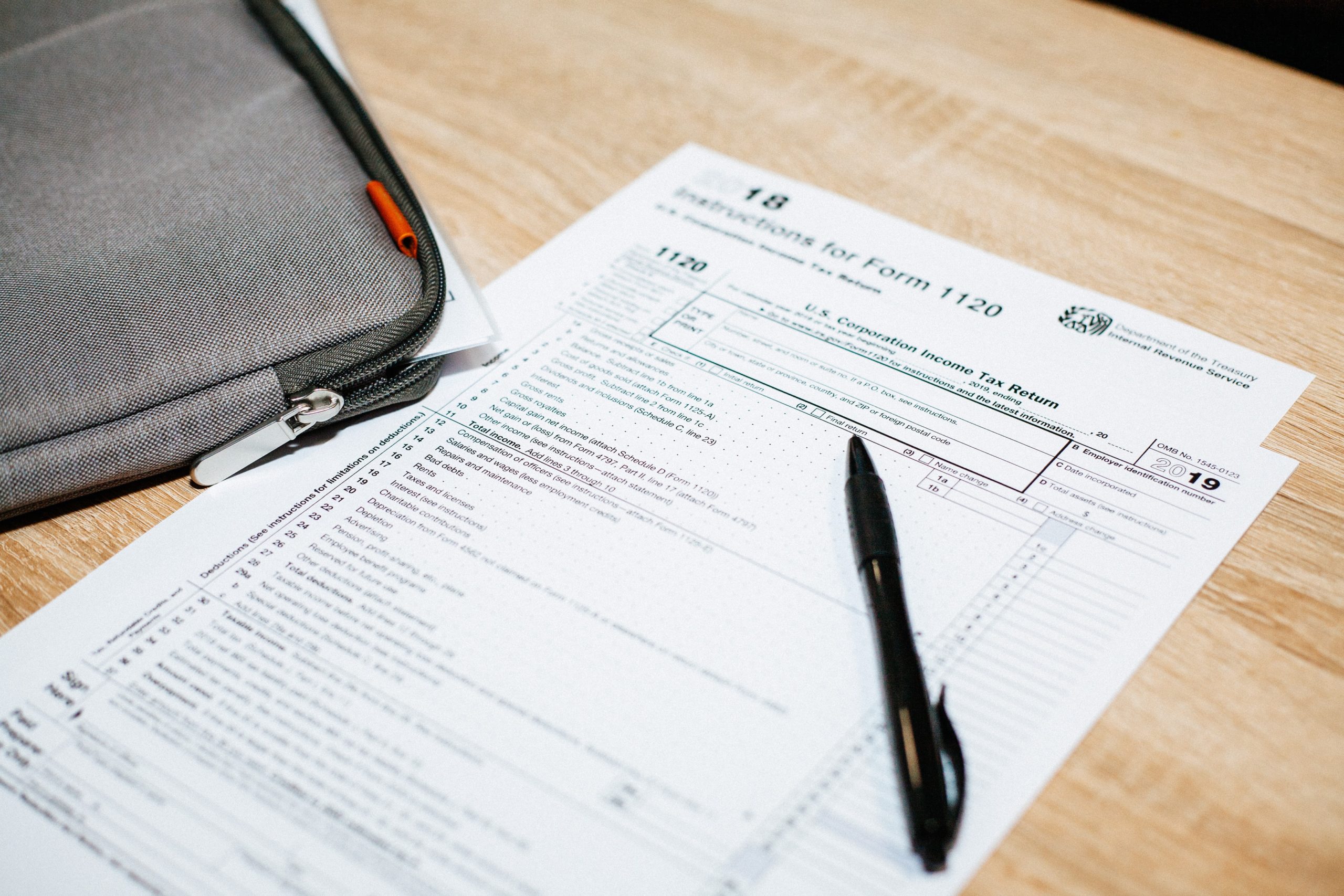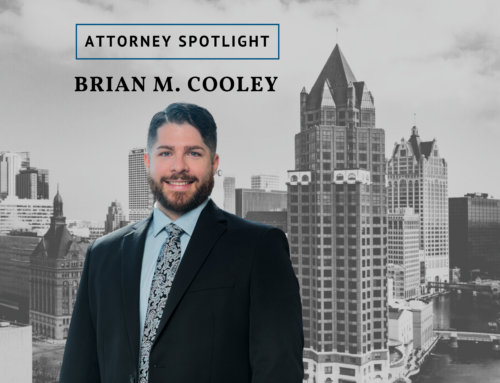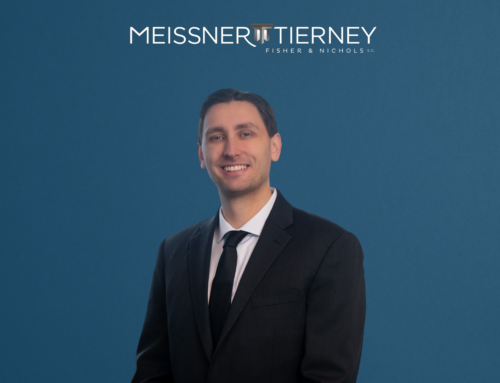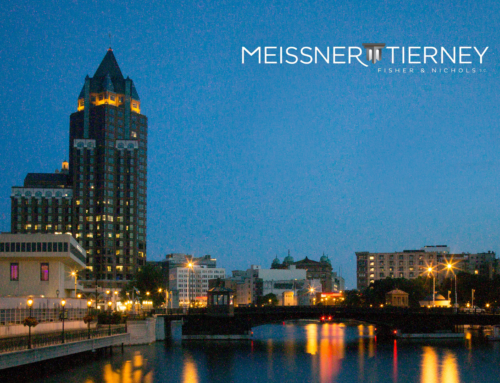In Rev. Rul. 2020-27, the IRS reinforced its prior Notice 2020-32, and said that a borrower of a Paycheck Protection Program (“PPP”) loan may not deduct expenses paid for with PPP loan proceeds, even if forgiveness is approved or applied for in a subsequent year.
The Ruling lays out two situations: first, a borrower that paid eligible expenses with PPP loan proceeds in 2020 and applies for forgiveness in 2020, but does not hear from the lender on the forgiveness decision in 2020, and second, a borrower that paid eligible expenses with PPP loan proceeds in 2020, does not apply for forgiveness in 2020, but expects to apply for forgiveness in 2021. In both situations, the expenses are not deductible because the borrowers have a “reasonable expectation” of reimbursement through the forgiveness process. Because forgiveness is reasonably foreseeable, the deduction is not allowed.
The IRS also released Rev. Proc. 2020-51, which provides a safe harbor for borrowers whose forgiveness application is denied in whole or in part or who decide not to apply for forgiveness. In both scenarios, a borrower can deduct the eligible expenses to the extent not forgiven on its 2020 tax return. If the safe harbor is used, the borrower must attach a form to its tax return that includes items such as the amount of the PPP loan, the amount of forgiveness denied or not sought, and the amount of eligible expenses.
PPP borrowers must keep apprised of the ever-changing guidance on their PPP loans, especially heading into tax season. Note that several members of Congress, including Senators Grassley and Wyden, have voiced their opinion that the IRS’s rulings on this issue are contrary to legislative intent. So, be alert that there may be future legislation reversing the IRS’s stance.






